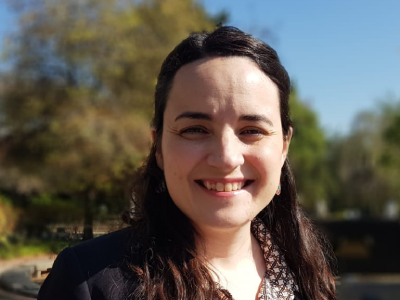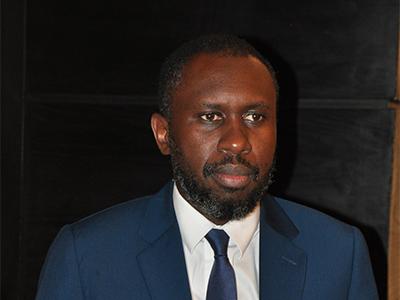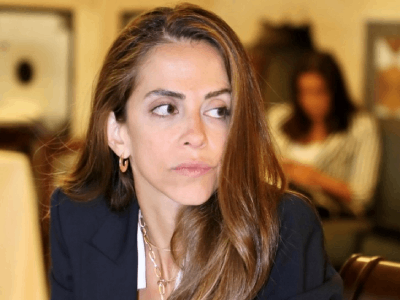Investment facilitation policies are advancing worldwide through international, regional and bilateral initiatives. At the international level there is the Investment Facilitation for Development Agreement in the context of the WTO. At the regional level there is the adoption of investment governance instruments such as the AfCFTA Investment Protocol, the ASEAN Investment Facilitation Framework, and the Intra-MERCOSUR Cooperation and Facilitation Investment Protocol. At the bilateral level the Cooperation and Facilitation Investment Agreements (CFIAs) concluded by Brazil and the Angola–EU Sustainable Investment Facilitation Agreement are notable examples.
New generation international investment agreements (IIAs) are increasingly embracing proactive promotion and facilitation measures, including specific commitments on transparency and regulatory coherence. These features are accompanied by reformed provisions intended to safeguard the right of host States to regulate in the public interest.
This session unites key actors in investment facilitation: governments, development partners, private sector representatives, and regional/international organizations. Its goal is to analyze global trends and challenges in investment facilitation policies for sustainable development. It will highlight strategies and innovative approaches to align investment facilitation provisions in instruments such as IIAs with the goal of attracting sustainable investment and promoting sustainable development.
Session themes:
- How can investment facilitation policies at the international, regional and bilateral levels be aligned to achieve maximum impact?
- What are the options to ensure that investment facilitation provisions are geared towards sustainable investment?
- How can the technical assistance and cooperation aspects of investment facilitation commitments be strengthened?
- How can investment facilitation provisions contribute to reconceptualizing the IIA regime to meet global objectives and challenges?











